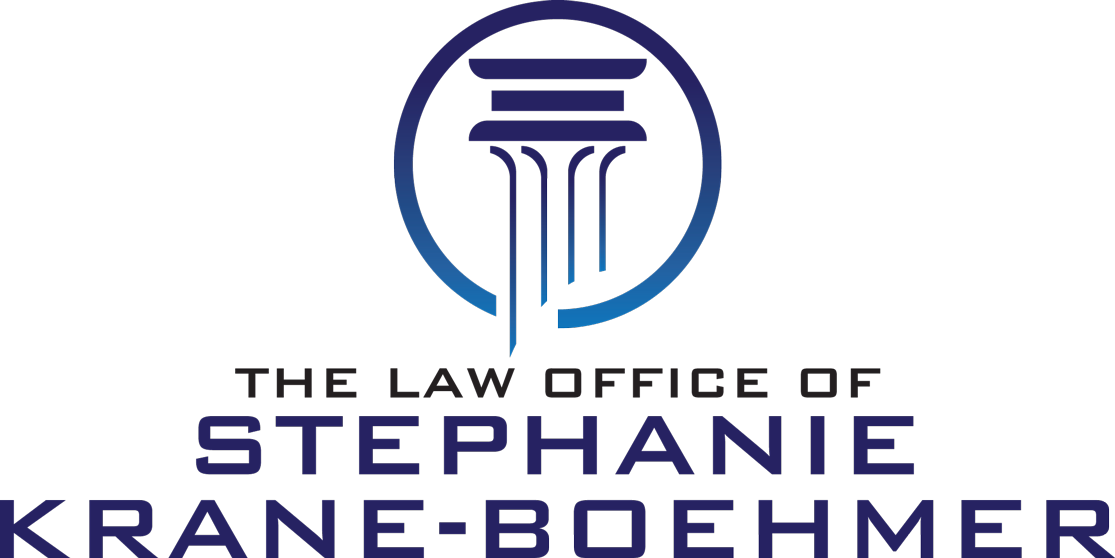An estimated 46 million people appear in family courts across the country each year, for cases involving divorce, custody, child support, guardianship, and housing. Surveys conducted have shown that in recent years, 75% or more of these cases have at least one self-represented litigant. The number of people representing themselves in court seems to be increasing, which is a concern for many in the legal community. Cases involving self-representing individuals tend to take longer to resolve, contributing to a growing backlog in the family court system, not to mention that people self-representing are at a distinct disadvantage in court.
Self representation isn’t always the first choice for people, but many may feel they have no other options because they do not have access to legal aid or have the financial resources to hire a lawyer. Others believe that self-representing, especially in divorce cases, will save money. However, there are plenty of reasons why representing yourself in court is a significant risk.
Saying or Doing the Wrong Thing
Preparing for a court case requires extensive preparation and a thorough understanding of the court system. Even if you are well-prepared and well versed in the system and you have a logical argument, it is easy to become emotional. You may end up turning to a defensive argument rather than sticking to facts and rational arguments. Without any experience in a courtroom, many self-representing people end up making incriminating statements or saying things that can easily be used against them by the other side.
Familiarity with the Process and Rules
Before making the decision to represent yourself in a divorce case, you should familiarize yourself with all of the steps involved. Pay careful attention to any deadlines or mandatory filings that are required by the court. Missing a deadline or overlooking a step could mean delays or cost you the opportunity to reach the settlement you want. It’s very challenging for an inexperienced and untrained person to ensure that all of the bases are covered before going to court.
The Courts Don’t Go Easy on You
If you represent yourself, don’t expect any special treatment in the courtroom. The court staff and the judge are not likely to coach you or give you any leeway if you make a mistake. It is their job to remain impartial and consider the arguments only. There is also some evidence that judges consider the arguments of self-representing individuals to be more likely to be biased. Overcoming bias can be a significant challenge for self-representing people arguing a divorce case.
Set Your Expectations
Litigants who choose self representation often have unrealistic expectations for the outcome of the case. Judges base their decisions solely on the law and the presented arguments and facts. So, if your expectations are unrealistic, getting what you believe is a fair settlement may be more difficult than you think.
Think About Alternatives
Preparing for and arguing a divorce case in court requires extensive legal knowledge and skills. If you are considering self representation, find out more about the options available to you for affordable legal aid, especially when child custody and child support are involved. Getting professional representation will ensure that you get a fair settlement and that your rights as a parent are protected.
Stephanie Krane-Boehmer is a divorce lawyer in Rochester Hills, Michigan. Stephanie’s goal is to make the process as comfortable for you as possible and will treat you with respect and compassion. Call 248-293-0048 or request a consultation online to get started.

